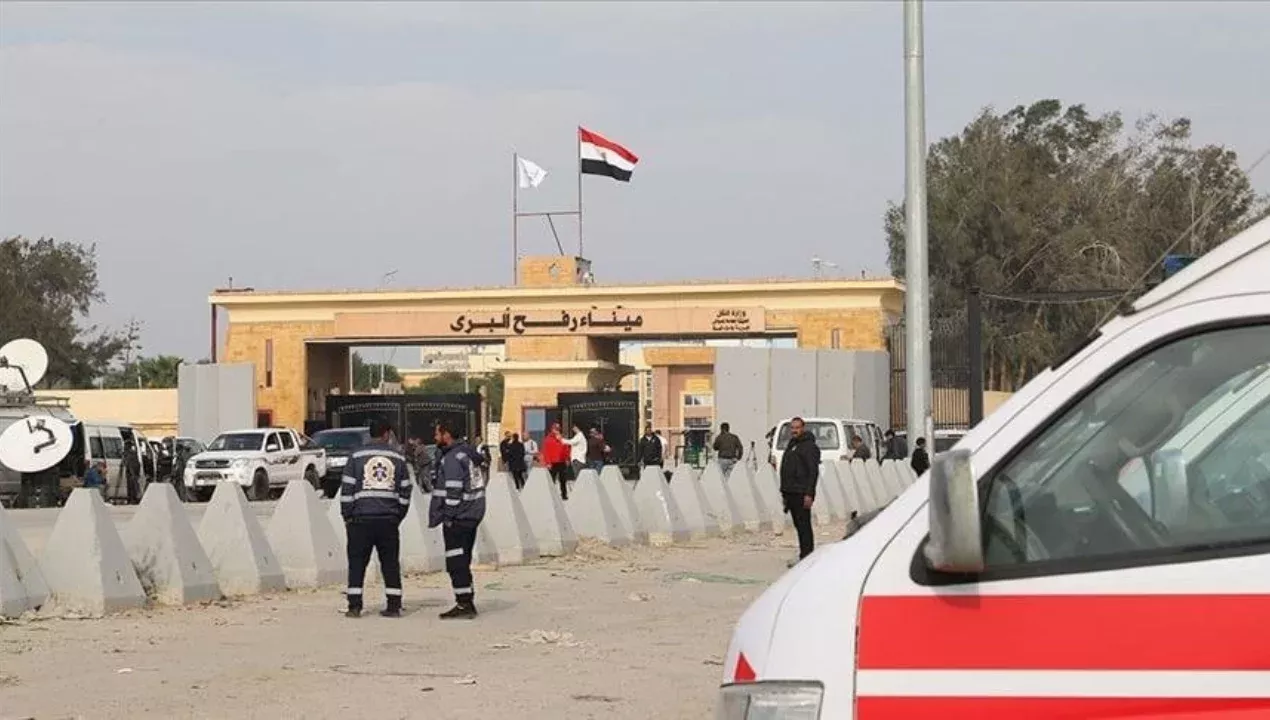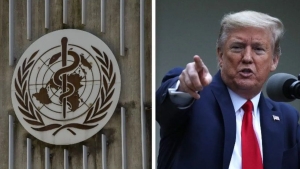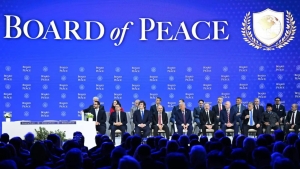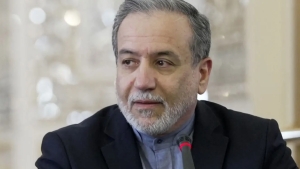Netanyahu stopped the opening of the Rafah crossing point

Israeli Prime Minister Benjamin Netanyahu has decided not to open the "Rafah" crossing point between Egypt and Gaza until further notice. This was reported by Zamin.uz.
The reconsideration of this decision will depend on the implementation of the agreed plan and the return of the bodies of the deceased hostages. It was emphasized that the opening of the crossing point is directly linked to how HAMAS fulfills its obligations.
Currently, the bodies of 18 Israelis who died while held hostage in Gaza are being kept. Earlier, the Palestinian Embassy in Egypt stated that border movement might resume on October 20.
This crossing point is an important corridor for citizens wishing to see their relatives or return home. The border has been almost closed since May 2024.
According to sources, the opening of the "Rafah" crossing point and the process of returning both living and deceased hostages is an integral part of the plan aimed at establishing peace in Gaza. There is an agreement between the parties on this matter.
It is reported that HAMAS began returning the remaining bodies after releasing the last living hostages on October 13. This list includes the bodies of 15 Israelis, two Thai citizens, and one Tanzanian citizen.
Representatives of the organization have stated that some bodies are under rubble, requiring additional time and special equipment to search for and retrieve them. Therefore, the process is being carried out step by step.
The closure of "Rafah," a major humanitarian crossing point, is disrupting the plans of hundreds of families on both sides. Reports indicate that the movement of trucks is restricted, and individuals needing urgent evacuation or re-entry are facing difficulties.
At the same time, decisions regarding the opening of the crossing point are being evaluated based on security conditions and return mechanisms. Netanyahu's side stated that the operation and diplomatic process are ongoing simultaneously, and each step is chosen in accordance with the terms of the agreement.
So far, the situation remains unchanged, and the opening of the "Rafah" crossing point depends on the results of practical steps. The public is awaiting new information about the fate of the bodies, the safe transfer of living hostages, and the return of the crossing point to normal operation.







